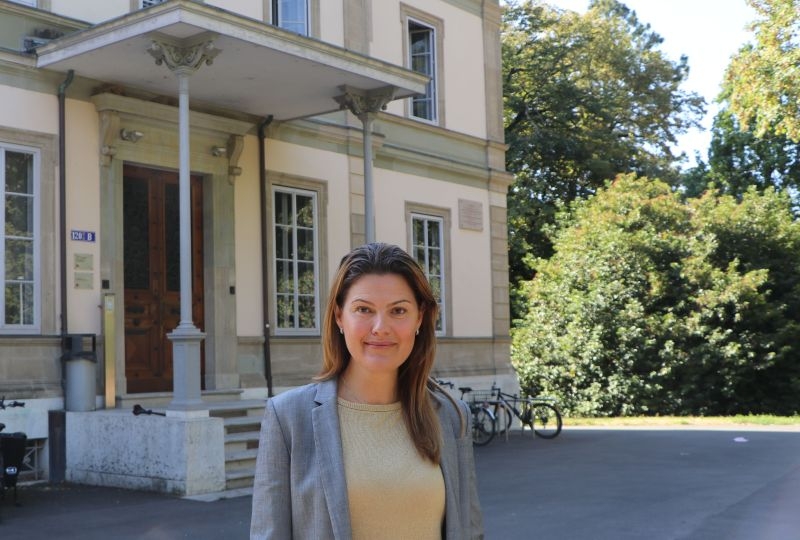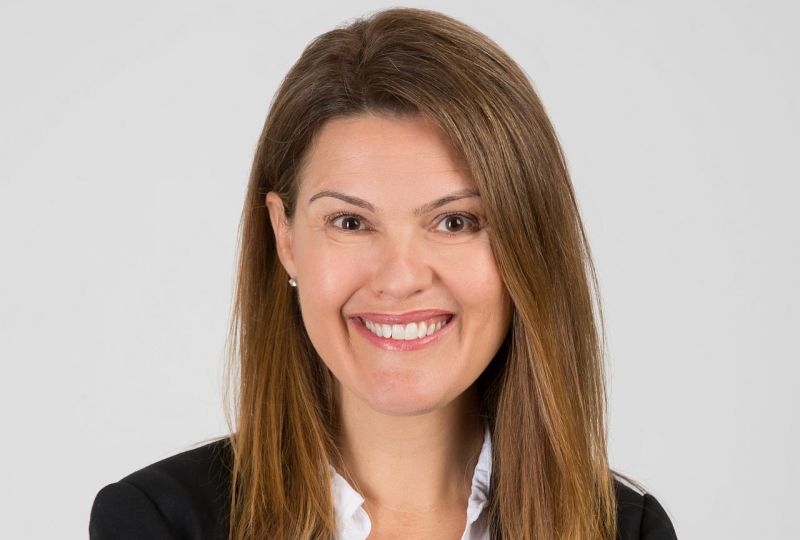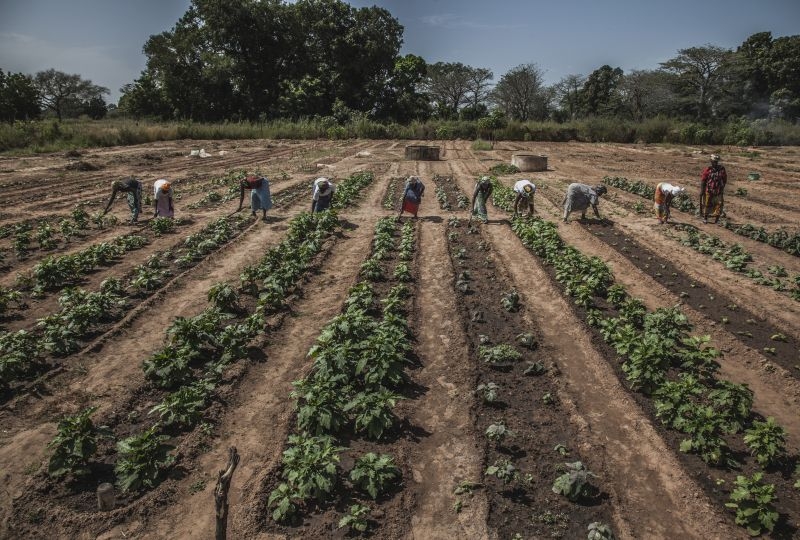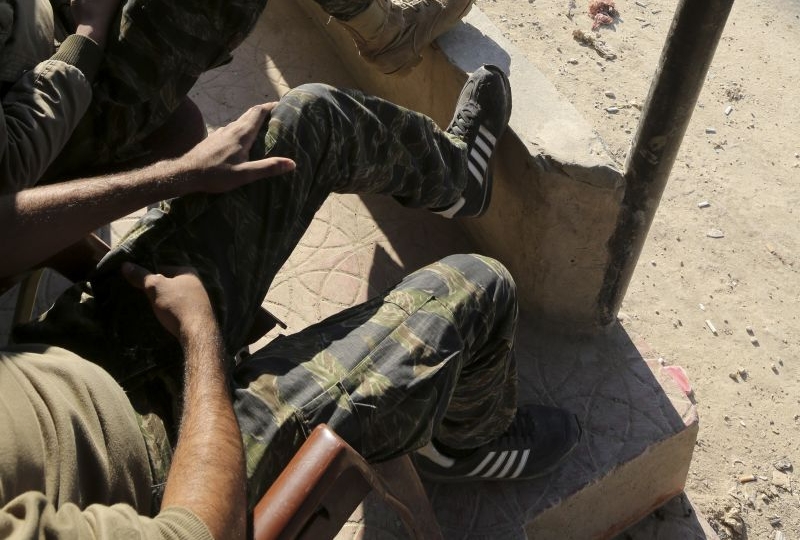29 August 2022
The Geneva Academy is pleased to announce the appointment of Dr Erica Harper as its new Head of Research and Policy Studies. Dr Harper succeeds Felix Kirchmeier who remains the Executive Director of the Geneva Human Rights Platform, one of our flagship projects.
Dr Harper is a leading practitioner and academic with extensive expertise in international criminal law, international human rights law, international humanitarian law (IHL) and post-conflict governance. Having worked for a variety of UN agencies and non-governmental organizations in Timor Leste, Indonesia, the Philippines, Jordan, Ethiopia and Somalia, she brings to the position extensive programming and policy experience. Prior to joining the Geneva Academy, Dr Harper established and served as the Executive Director of the West Asia-North Africa Institute, a Jordan-based policy think tank specializing in security studies, economic policy and good governance. During her 5-year tenure, the Institute grew to become one of the region’s leading think tanks, producing approximately 70 publications annually, including academic journal pieces, policy white papers, books and print media pieces. She also served as an Assistant Professor at Leiden University’s Van Vollenhoven Institute, teaching on aid effectiveness, human rights programming and non-state justice systems.
‘We are thrilled to welcome Dr Harper in this position: her solid expertise in our fields of research as well as her extensive experience in project management and fundraising make her the perfect person to lead our research and policy studies’ says Professor Gloria Gaggioli, Director of the Geneva Academy.











